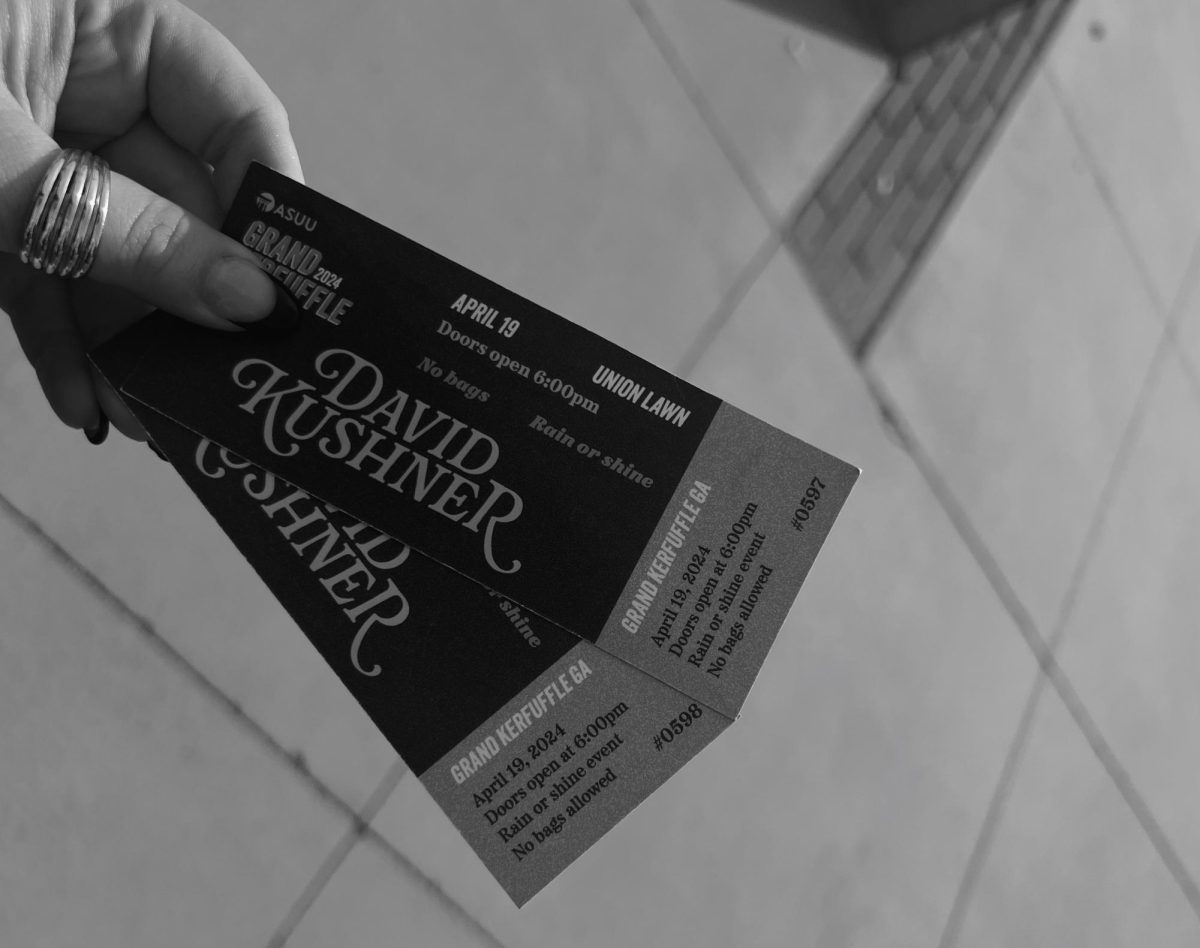Two years ago today, the United States endured tremendous tragedy. To recount the events surrounding that day would be an impossible task. Needless to say, we look through lenses of a different shade than those of Sept. 10.
The swell in patriotism and pride following Sept. 11 was perhaps an event unparalleled in our nation’s history. For many, the feelings of community and kinship felt during the period following Sept. 11 will never be matched.
As with most things in life, with the good came the bad. Many Americans also witnessed and fell victim to racism and violent backlash. Weak-minded members of society let their fear and anger mobilize them to pitifully inane action based on prejudice and stereotypes.
The real question we must continually ask ourselves in a post-Sept.11 world is, where is the line to be drawn between patriotism and nationalism?
While patriotism celebrates what it is to be American, nationalism builds walls of prejudice and hate. It is important that as a society we begin to look seriously at the difference between these two concepts.
There seems to be a growing shift in the collective consciousness of society that to question is unpatriotic and to criticize is treasonous. Nothing could be further from the truth.
The majority of sins in our nation’s past are products of reactionary policies established in the wake of tragedy. From Japanese-American internment camps to the Red Scare and McCarthyism, national tragedy often brings out the worst in our nature.
Our society is at risk of repeating its same disdainful mistakes of the past. It is difficult to overlook the glaring similarities of the book burnings of Nazi Germany and the mass steam rolling of CDs made by music artists who criticize presidential policy. There is an important and crucial difference, however.
While the book burnings of Nazi Germany were sanctioned and pressed by a political faction, today the censure is our own. The reason one should be concerned about such a phenomenon is that it affects the very way in which we look at the world.
The great American experiment is rooted in a commitment to diversity of opinion, ethnicity and culture. Indeed, we are a melting pot. The final product of such a process should not be nationalism-a house of hatred and paranoia-but patriotism.











